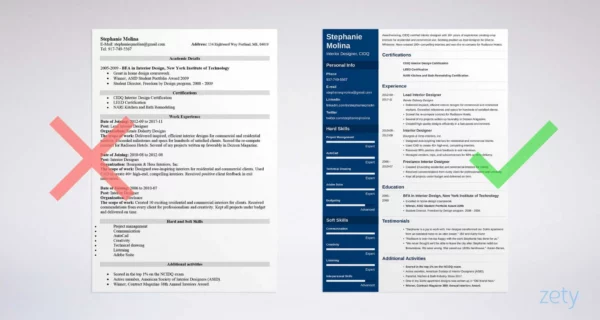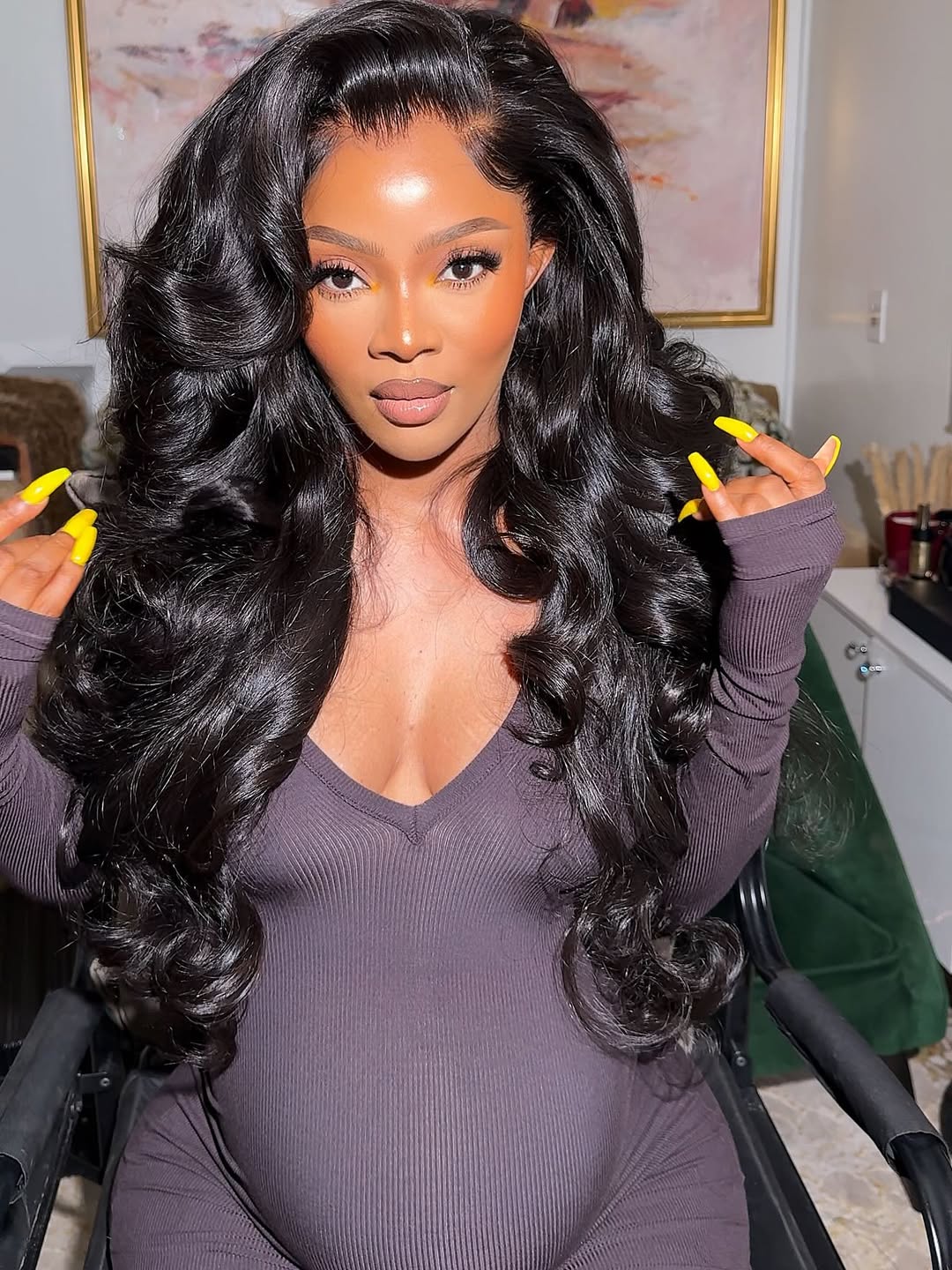7 things you do not need on your resume in Nigeria
You might have heard that recruiters spend just six seconds on a resume, how do you make those six seconds count? By avoiding the following mistakes;
1. Detailed address: It is 2021 and no recruiter needs to know exactly where you live. Address is often added to the CV to indicate a potential candidate’s proximity to work. However, this is 2021 and factors like that barely matter, thanks to the almost hybrid system the world is tilting towards.
It could also act as a deterrent when comparing or selecting candidates as recruiters might tilt towards an employee who stays closer. Instead of writing your full address, you could just write either of your city, local government or LCDA while indicating that “you are available to relocate”. Adding this phrase passes across a subtle message to the recruiter that you are not limited by location and you are ready to relocate if the job requires you to. It might delight you to know that some organizations have a relocation allowance and are ready to splurge their funds on you if you are worth the spend.
2. Date of birth: Except it is a government job or it is mandatory, adding your date of birth to your CV is highly irrelevant. Date of birth creates an unexpected bias in the mind of the recruiter as everyone is looking for a young smart talent, justifiably so. Now, if you are young, you might think adding your date of birth could be advantageous, however, you might also be unlucky if your CV is reviewed by a recruiter who is age or generation biased. For example, I have heard of cases where a millennial was hired over a gen-z, not because of lack of competence but because the hiring manager felt the talent, though smart and competent enough, might not be mature enough to handle that role. Trust me, you don’t want that to be your case.
3. Marital status: Honestly, this might sound harsh but unless it is a government job, I do not think adding your marital status does you any advantage, especially when there is no preference explicitly indicated in the job description. If marital status was pivotal to the role’s functionality, it would be indicated in the Job description
4. Religion: There is absolutely no justifiable reason for adding your religion to your CV because honestly, no one cares. Except you are applying to a religious-centric organization, adding your religion doesn’t add any value to your document
5. Cliched verbs/phrases: Believe it or not, recruiters are tired of seeing phrases like “ability to work under pressure, ability to multitask, I can learn on the job” and other related phrases. Instead, use active verbs like “Collaborated, Led, Facilitated, Orchestrated” and other verbs that depict actions.
You can also narrate your experiences in exact metrics and impact, that compels the recruiter to call you for an interview.
6. Typographical errors: No one is immune to typographical errors, not even the writer of this article, that’s why it’s quite pivotal to have a second and third eye review your document before submitting them for applications.
7. Basic knowledge of Microsoft packages: This is 2021 and everyone is expected to have the basic knowledge of Microsoft packages. Unless it is explicitly listed in the job description as part of the requirements or you are quite proficient, you don’t have to make this a list item.
There is an array of other things that make recruiters turn off, but a litmus test would be to ask yourself; does this information increase or decrease my chances of being selected for an interview or an aptitude test?
Your CV/Resume is a document that sells your best self to a potential recruiter, thus, anything that doesn’t fall under that category should not be featured.
























